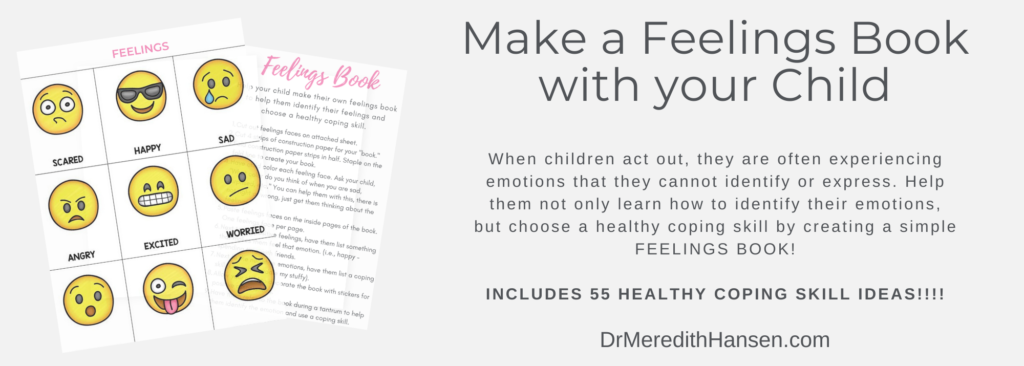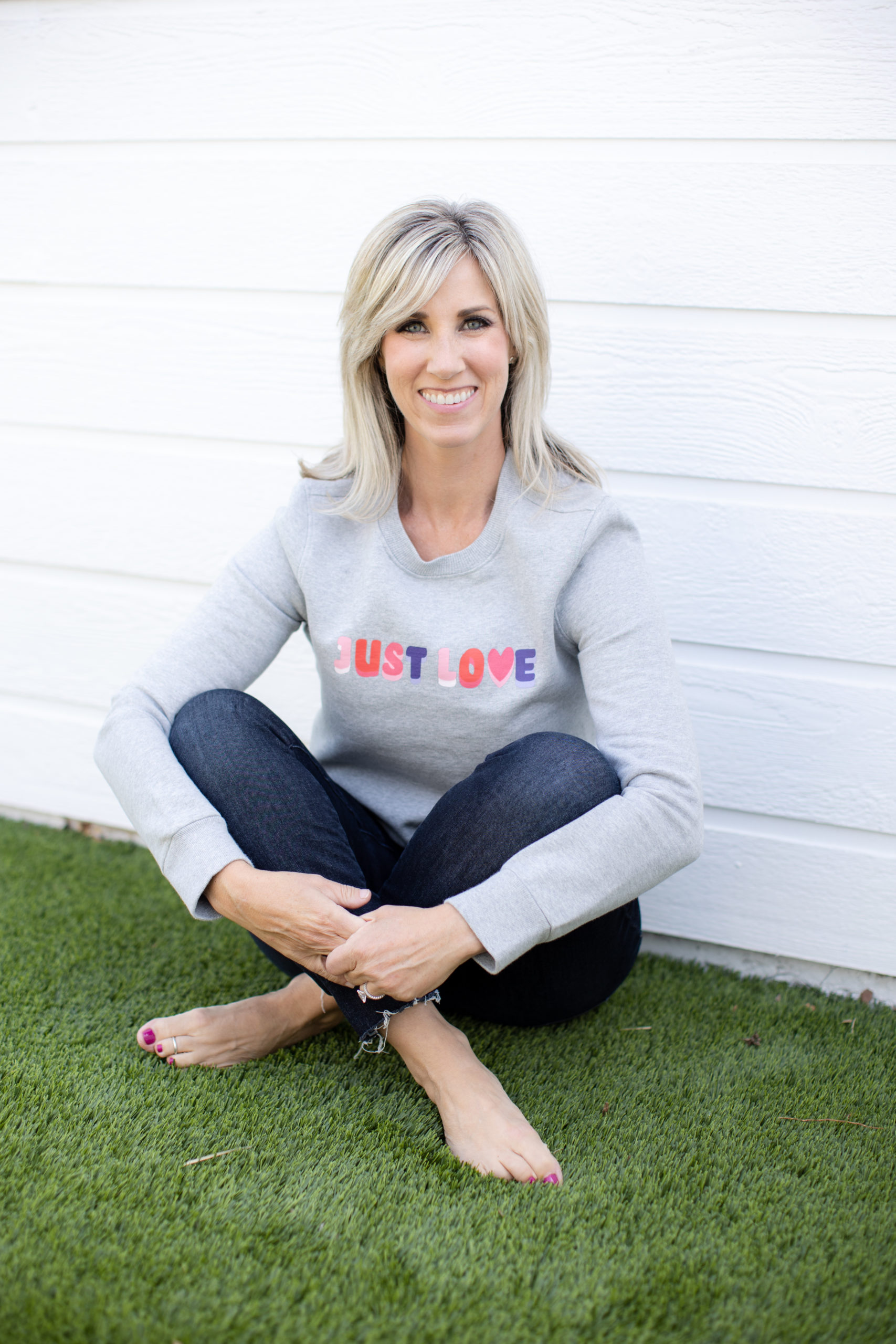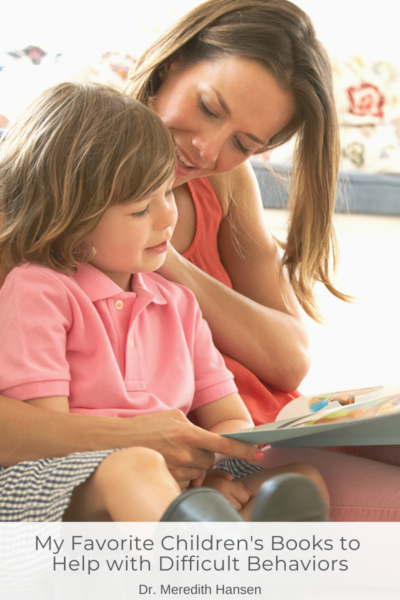
Are your children displaying difficult behaviors during at home during quarantine? Are you feeling frustrated and don’t know how to get them to cooperate, play nicely, stop yelling and interrupting, and keep their hands to themselves?
If you are struggling with your child’s behavior during this time of quarantine, you are not alone.
This is an unprecedented time that is causing a great deal of stress, anxiety, and overwhelm in ALL of us.
Your children can feel the stress. They feel the worry, miss their friends, school, the park, and all other aspects of life.
Your children are trying to cope with all of these emotions and they don’t have the words for them. They don’t know how to tell you what they are feeling, what they need, or why they’re misbehaving, so they act out. They display difficult behaviors and challenge you as a parent in an effort to feel better.
And while this is of course, frustrating, it is important to recognize it for what it is… A call for help.
Books Help Children Learn New Behaviors
One of my favorite tools for helping kids learn how to cope with their feelings and decrease difficult behaviors instead of acting out are books.
Books help kids grasp a concept, illustrate feelings and experiences, and teach them how to make behavioral corrections in a tone and language that they can relate to and connect with.
Books bring a problem and solution down to their level.
My Favorite Books for Helping with Difficult Behaviors
Below is a list of the books I use with my kids and also recommend to my clients. The books listed below help children identify their feelings, make better choices, think about their actions, and identify coping skills.
If your children are acting out more while you’re stuck at home, try grabbing a few of these books and reading at least one book per day with them. Take the time while reading to discuss the concepts presented in the book, assist them in naming their feelings, and help them come up with a coping skills list they can reference when they are feeling sad, disappointed, lonely, angry, hurt, or tired.
Hands are Not for Hitting
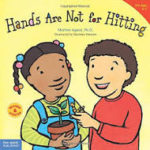
This book discusses anger through hitting. It helps children understand the reasons they may hit others and how they can cope with their feelings instead. It also shares all the positive ways we use our hands like helping, learning, making music, self-care, etc. I’ve been reading this book for years with my boys and to this day and every time we read it, we have a new discussion about our hands, hitting, and feelings.
Cool Down and Work Through Anger
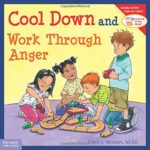
This is another book great book that explains and helps children understand their anger. Cool Down and Work Through Anger focuses on the reasons a child may feel angry, how to resolve anger with a friend or someone you care about, and how to calm yourself down when you feel angry. It also includes discussion points and tips for parents in the back of the book. Another book we have been reading for years.
What Should Danny Do?
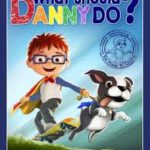
What Should Danny Do (and all the books in this series – school version, What Should Darla Do? is their new book for girls) are genius! They follow Danny as he goes through his day making choices. Your child gets to choose if Danny will make a positive decision or if he’ll choose a problematic decision. Through the “power to choose” your child will get to see how Danny’s choices affect his day, his rewards, his mood, and his relationships. Grab all the books in this series if you can, they are not only one of my faves, but the boys LOVE them and read them on their own regularly!
The Way I Act
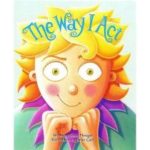
The Way I Act is a book that describes all the ways we can be in the world. From considerate to curious to responsible. It is a prosocial behavior book that opens up the door for a conversation about how your child’s behavior can affect others, who they are, and who they want to be.
The Way I Feel
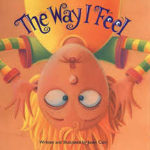
The Way I Feel is another prosocial book. It explains feelings through rhyme in a way that children can connect with. From happy and sad to angry and jealous, the basic emotions are all covered. This is a good book to take your time with and as you read, ask your child to name a time when they felt each emotion. As the “negative” emotions come up (i.e., sad, angry, jealous), ask them how they can cope with those feelings in the future.
My Mouth is a Volcano

If self-control or interrupting is a problem you are dealing with, especially during work calls, dinner time, when you’re helping a sibling, this is the PERFECT book for you. It helps children understand how interrupting affects others and also gives them a tool to “hold their words” and wait for their turn.
The Invisible String
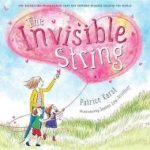
For those of you with anxious children, this is a beautiful book about your invisible connection to your child. Right now your children have a lot of access to you, but they still feel uncertain and may want to be with you even more. This book shares a lovely tool about an invisible string that ties you together no matter how far apart you are. My middle son read this book before going to school for months to cope with his separation anxiety. I highly recommend this book to any parent who has an anxious child.
